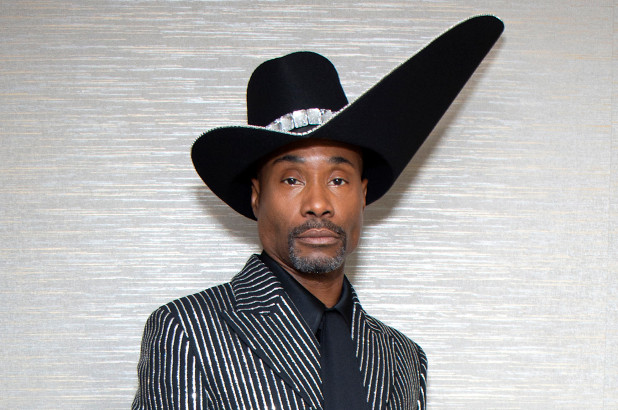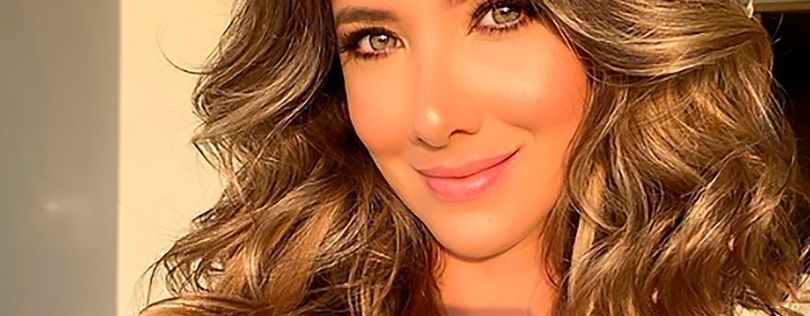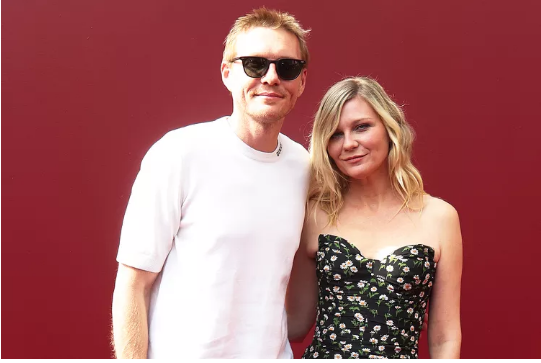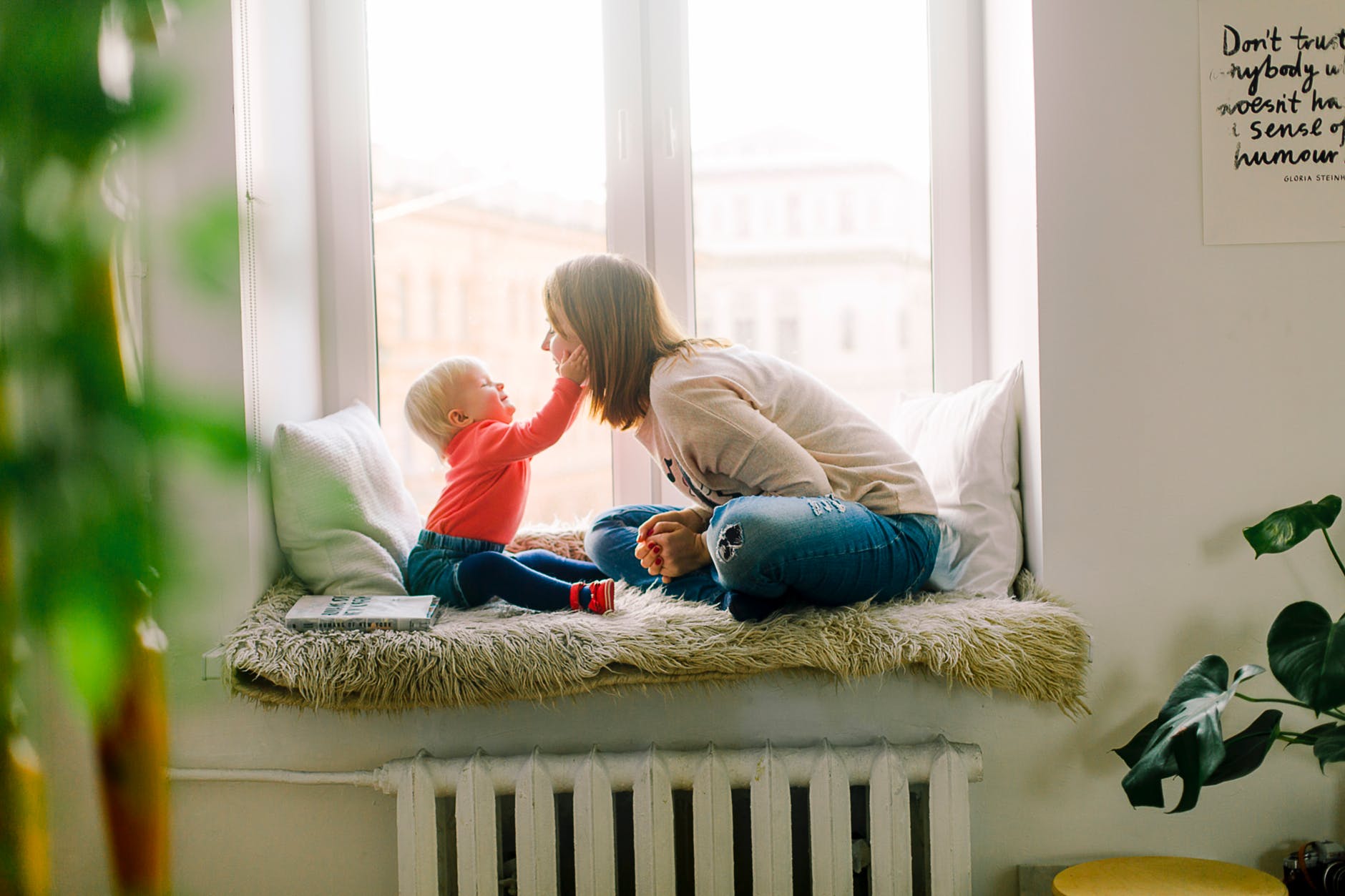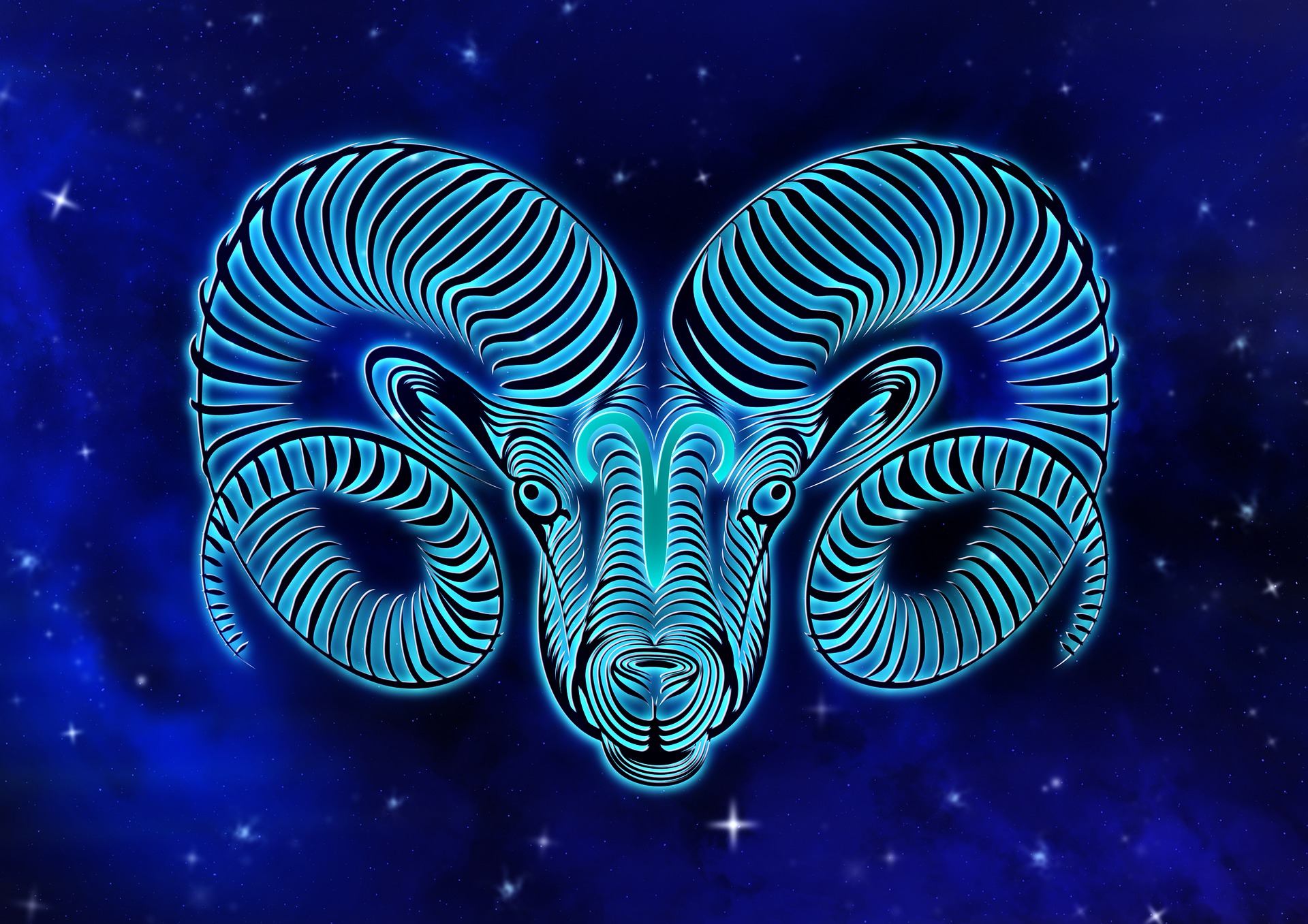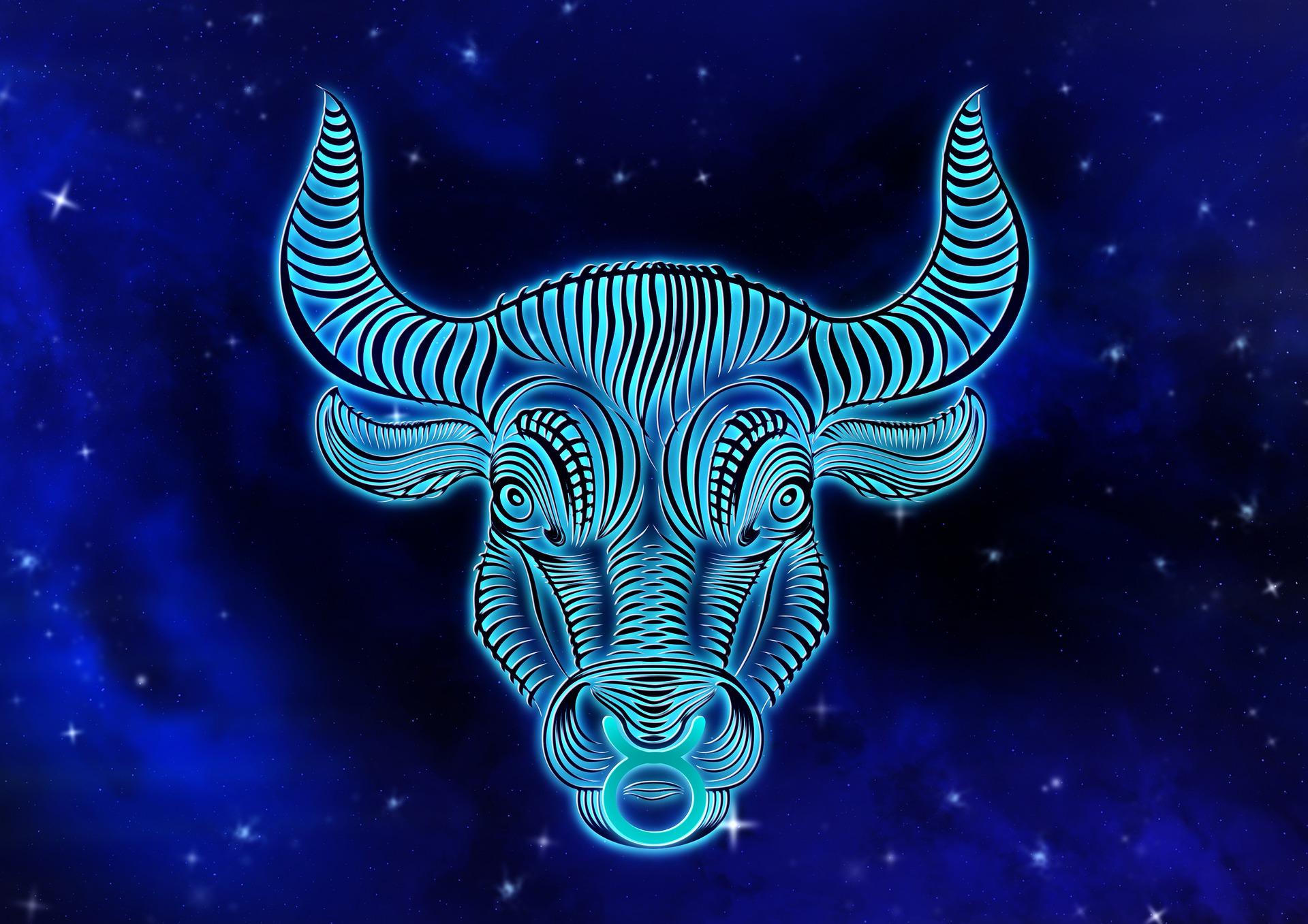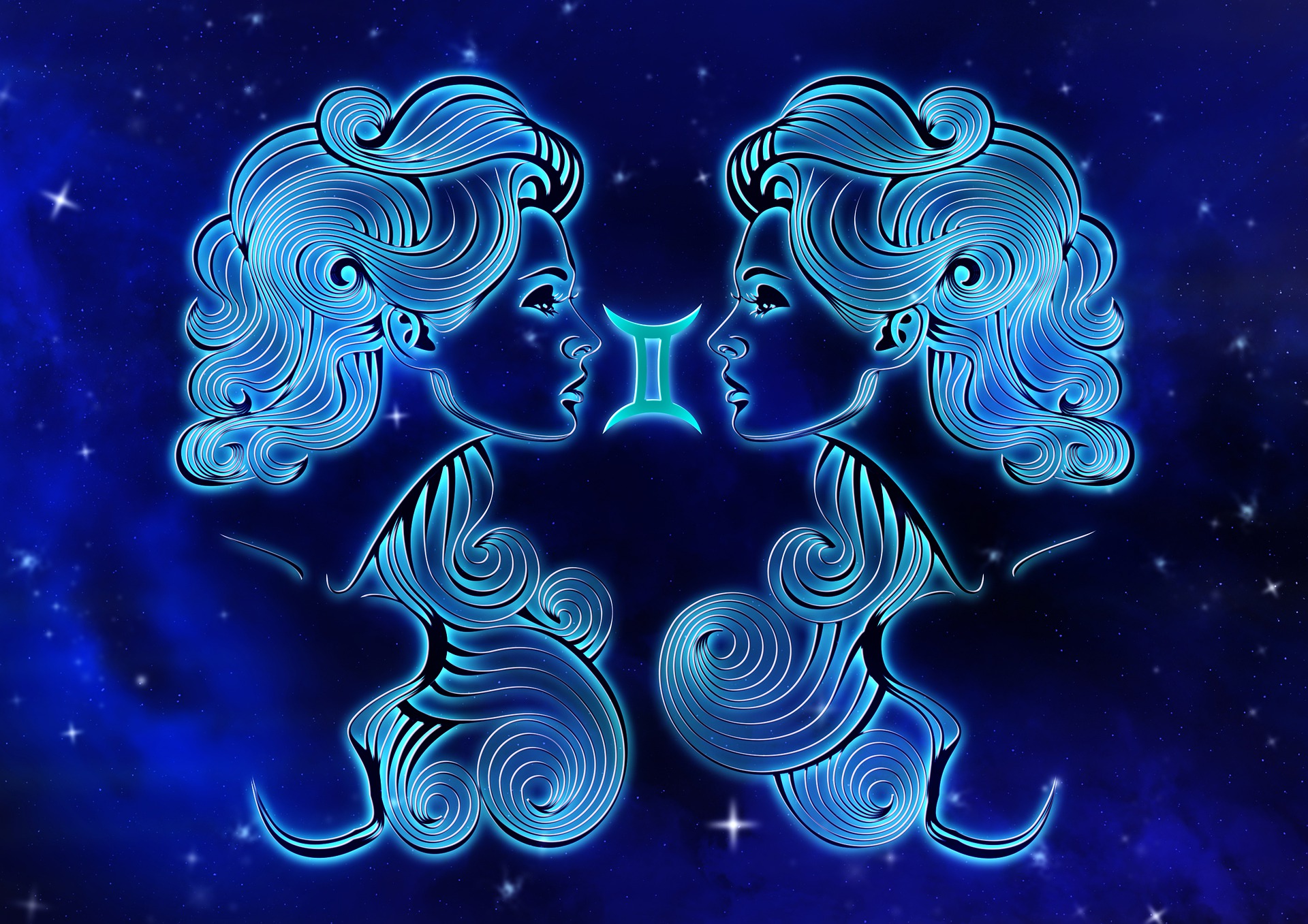Rarely has the symbolism been quite so overt.
He’d already made a splash on the 2019 Golden Globes carpet, living for the hot pink satin-lined reveal of his glorious Randi Rahm cape. And he’d caught the eye of Glenn Close and pretty much every editor tasked with putting together a best dressed list when he wore a custom Christian Siriano tuxedo-ballgown hybrid to the Oscars. So when Pose standout Billy Porter was tasked with bringing camp to this May’s Met Gala, he did the absolute most.
“Any success I’ve had prior to Pose was me being campy so I know how to do that,” he explained to The Guardian this fall. So borrowing from an idea pitched by show creator Ryan Murphy, he tasked stylist Sam Ratelle and fashion brand the Blonds with putting together a sun god-themed golden jeweled catsuit complete with 10-foot wings, a 24-carat headpiece and six topless men to carry him into the event atop a velvet chaise, a move that Vogue labeled, “the most fabulous entrance in Met Gala history.”
Yup, Billy Porter has arrived.
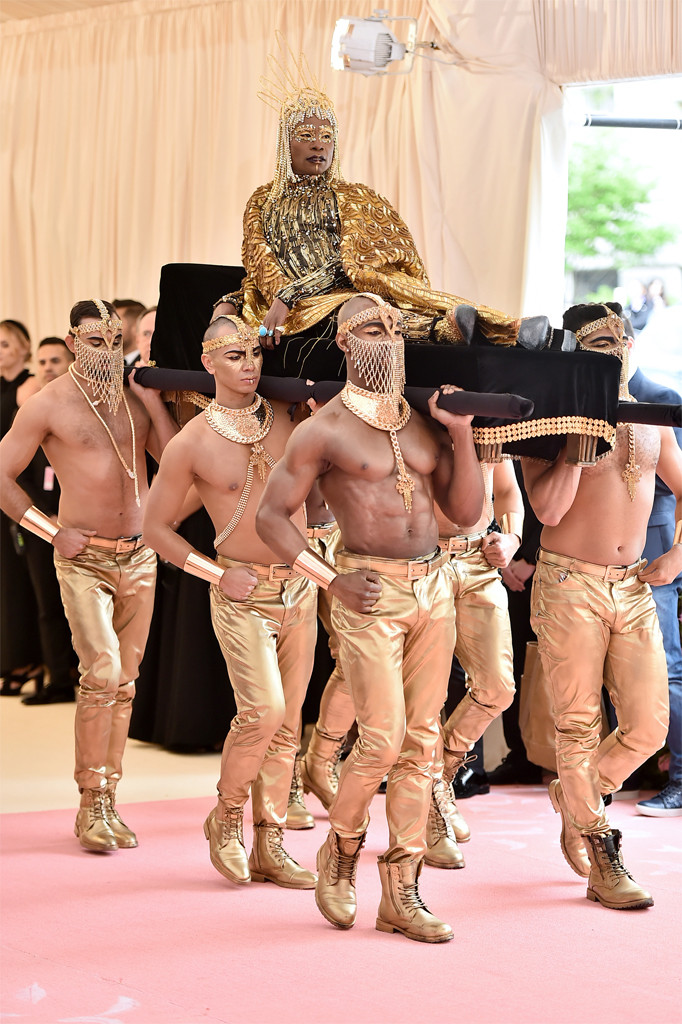
For the truly indoctrinated, the longtime Broadway vet has been happening for years, his breakthrough traced to his lead role as cabaret star and drag queen Lola in 2013’s Kinky Boots—a part that earned him a Tony and a Grammy—or possibly even earlier, to when he was cast as Belize in the New York Signature Theatre Company’s 20th-anniversary production of Angels in America.
But the Pennsylvania native truly exploded into public consciousness with a twirl and, of course, a pose. At the Golden Globes, he was nominated for his work as say-it-like-it-is ballroom emcee Pray Tell on Pose, a critically-acclaimed series offering a look at New York’s LGBTQ ball culture in the ’80s, the space where the concepts of Vogueing and strutting were first invented.
But just one season in to the show, he still wasn’t seen as a main draw. “Elisabeth Moss from the Handmaid’s Tale was in front of me, the Black Panther people were behind me, and there I was, in the middle of all these stars,” Porter recalled several months later to The Cut. A woman he referenced only as the “clipboard b–ch” tried to hurry him along, he said, but his embroidered suit and cape combo couldn’t be rushed.
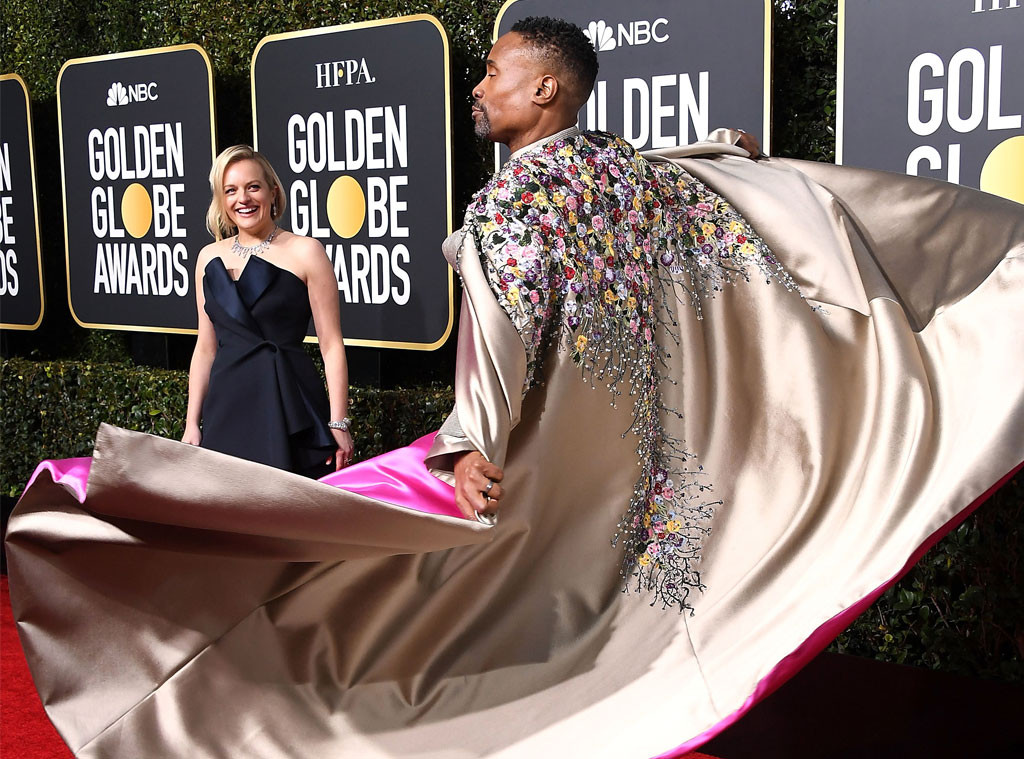
At photographers’ insistence he did a twirl, the resulting image becoming one of the night’s most viral. “It was so much fun,” he said. “And I got to f–k everybody up in the process.”
He followed that up with his Oscars lewk.
Tapped to host a pre-show, he decided it was finally time to make good on his long-running, half-joking vow to wear a ballgown to the Academy Awards. Attending his first New York Fashion Week that winter, he approached Siriano at the Project Runway star’s after party. “I just dropped it in his ear and said, ‘Do you think you’d have time to make me a gown?'” he shared with Vogue. “And he said, ‘AAAAA-BSOLUTELY.'”
The duo strived to blend the masculine and the feminine with the tuxedo on top giving way to a glorious ballgown, accessorized with six-inch chunky Rick Owens boots and Oscar Heyman jewels. The next day, The New Yorker crowed, “Billy Porter Won the Oscars Red Carpet Before It Even Began”.
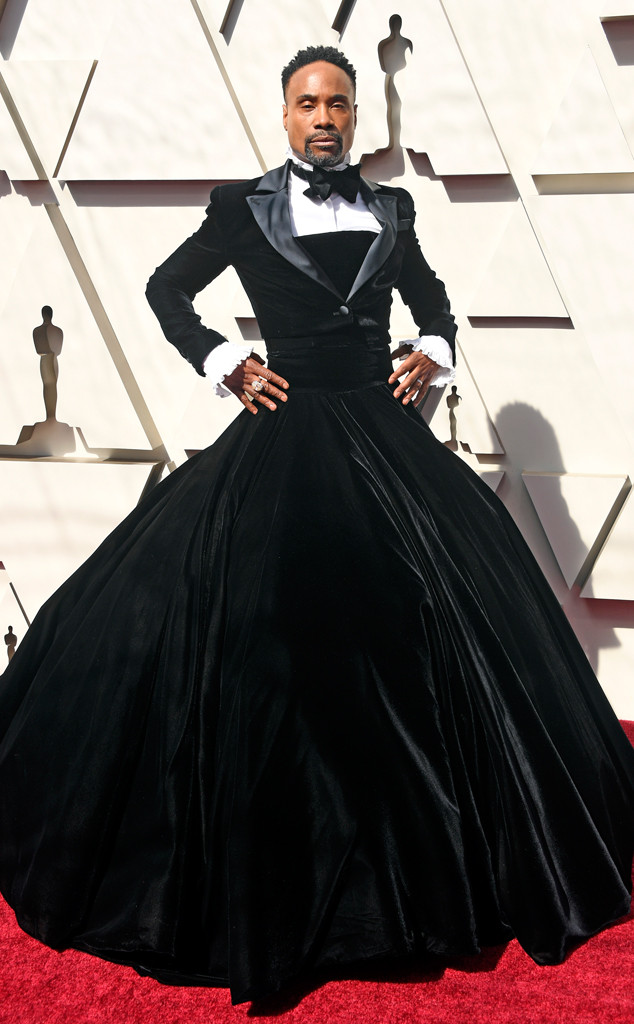
Then there was his Met Gala entrance and a velvet-and-tulle Celestino Couture creation for the Tony Awards, crafted from the Kinky Boots curtain and 30,000 Swarovski crystals. By then Porter, the red carpet darling, the skilled artist, the effervescent personality was suddenly he was ubiquitous.
Even if you hadn’t caught him on FX, he was all over the Internet and the public consciousness, appearing on best dressed lists and social media feeds (“First time out the gate—first awards-show season—and I’m killing everything!” he told The Cut. “Had I know, I would have put a dress on 20 years ago,”) on The Late Show and, of course, on camera, being tapped to film everything from Taylor Swift‘s “You Need to Calm Down” music video to 2021’s live action Cinderella, where he’s set to take on the role of the Fairy Godmother to Camila Cabello‘s title character.
Because magical might be the most appropriate way of describing the year the 50-year-old is having.
He’s already collected an Emmy, the first openly gay Black man to win in the Lead Actor in a Drama category, he’s now three-quarters of the way toward an EGOT. He also has an album in the works plus two films, the aforementioned Cinderella and January’s Like a Boss, alongside Tiffany Haddish, Rose Byrne and Salma Hayek. And now he’s earned his second Golden Globes nod for Best Actor, virtually ensuring we’re in for another capital M moment at the January 6 awards.
And, to think, it only took him three decades to get here. “It’s been such a battle that I’m trying to remember to feel all this,” he told Esquire this summer. “It’s so joyful. It’s so beyond anything that I could’ve ever imagined this thing looking like.”
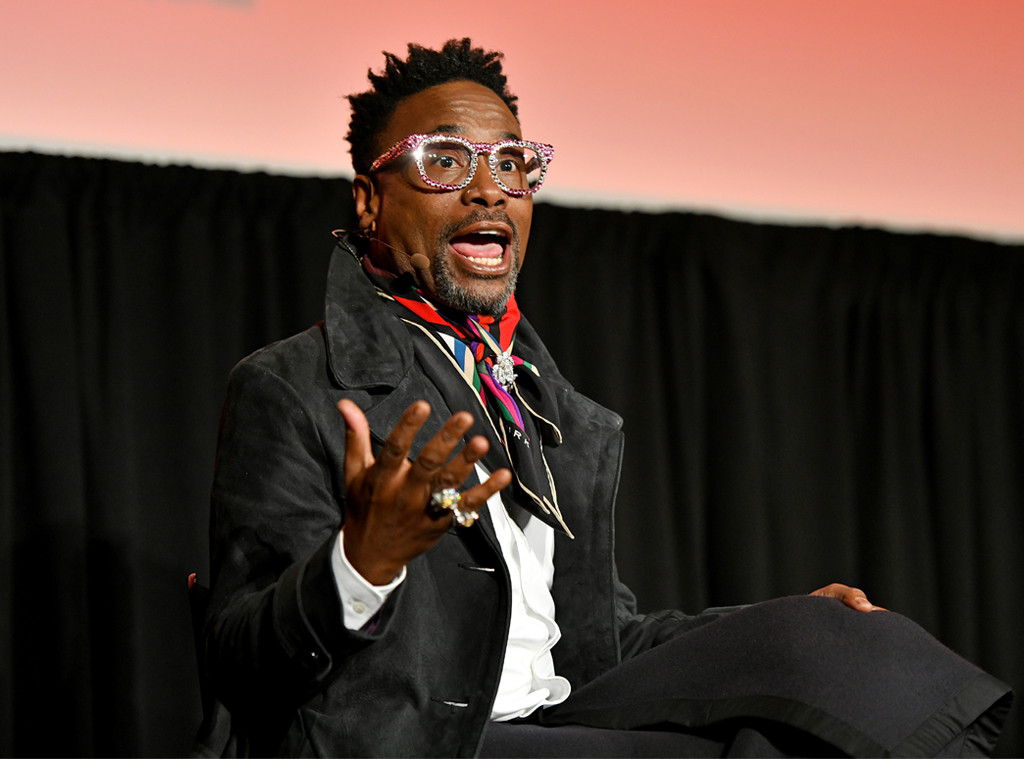
Growing up Pentecostal in Pittsburgh, his captivating aura had people pegging him as a future man of the cloth.
“So many people felt something special—a special energy coming from me in my life early on,” he told Esquire. “And it’s immediately about ‘little preacher man.’ You’re going to be a preacher. Because it’s the only space that they understand a special energy like that.”
He sang in the church choir and gave one sermon at the age of 11, but it was at Reizenstein Middle School where he found his tribe, after spying a flyer for the musical theater program. “I didn’t know what theater was, but I saw musical and I thought, well, maybe I could sing,” he recalled to W magazine this summer.
“So I went to the first meeting and they explained to us what a musical was and that the next week we would have auditions. I came back the next week and I sang. The casts were huge. It was like 100 people in the cast and every single role was double cast. Four performances, every single role was double cast. And when the cast list went up, everybody was double cast but me. So I got to do all four performances. I don’t know if there was something in that that gave me a clue that maybe this might be something that I could do, and be popular doing it, and not be bullied anymore.”
Because his upbringing hadn’t been the easiest, both at school where “I couldn’t do any of the sort of traditional masculine things that required” and at home, where he says he spent years being sexually abused by his stepfather, an experience he shared in heart-wrenching detail last year.
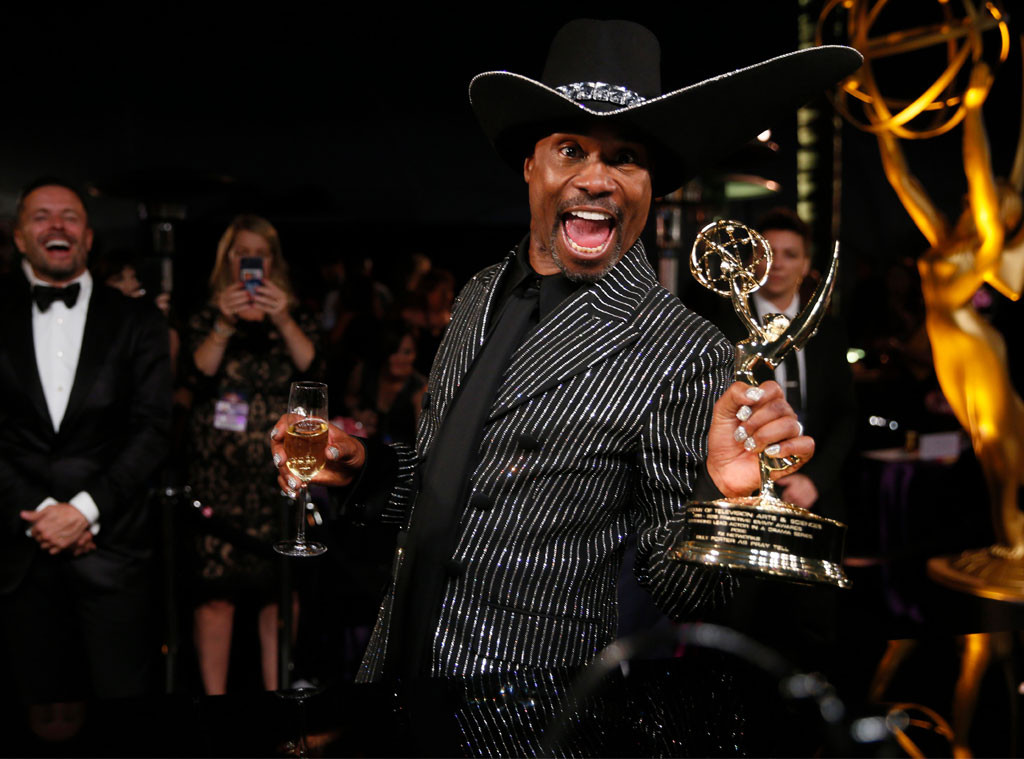
As a rising star, “Everybody was proud, but I didn’t come from an environment where theater was something that anybody understood,” he told W. “You sang in church. You sang for the Lord. And that was it.”
It wasn’t until the 1982 Tony Awards, as he watched Dreamgirls star Jennifer Holliday belt out “And I’m Telling You I’m Not Going” that he had an epiphany: “She sang like I knew how to sing. She sang like the people sang at church. She sang like me and she was on television,” he shared. “The connection of money and television really sort of launched me into this space where, ‘Oh, I’m going to do that. That’s what I’m going to do.’ So that was a really significant moment for me.”
Porter went on to attend the Pittsburgh Creative and Performing Arts School where he counselors nudged him in the direction of Carnegie Mellon’s drama school. (He earned a scholarship, naturally.)
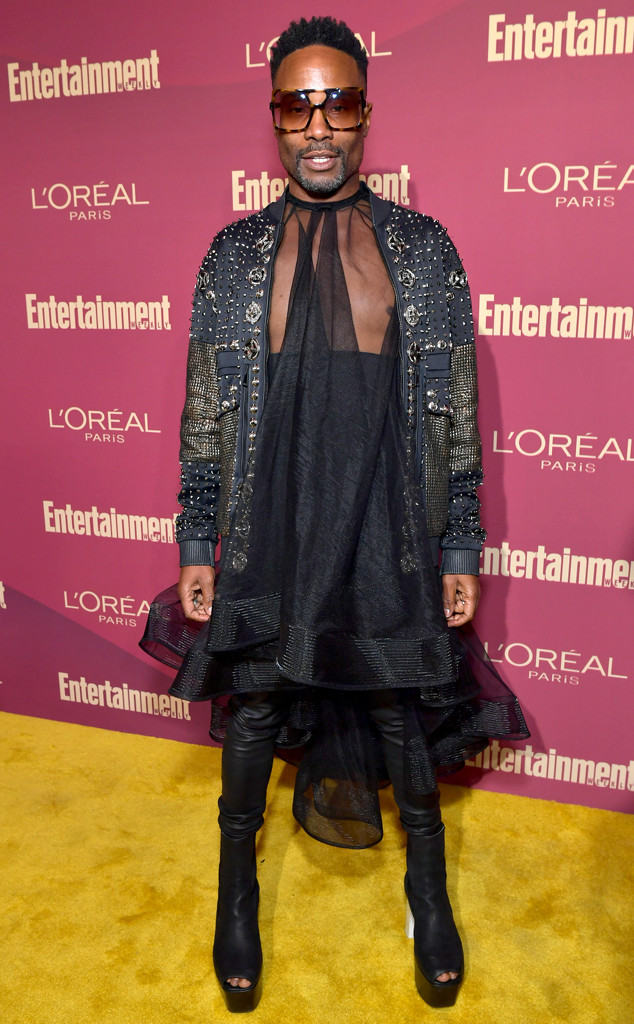
“I didn’t know that I was supposed to go to college,” he told Backstage. “I was like, ‘I’m going to New York!’ They caught wind of that, and they pulled me by my ear: ‘You’re not going anywhere but to Carnegie Mellon to learn how to talk, because while you are the greatest singer we know, and while you dance beautifully, every time you open up your mouth, it’s a disaster. If you learn how to act, you’ll never be out of work by your own choice. You will never be out of work because you’ll have every skill to work all the time.’ And they were right!”
Though he was pulled briefly to L.A., enrolling in a screenwriting program at U.C.L.A., the bulk of his career has happened in New York, where he made his debut in a 1991 run of Miss Saigon, played a Teen Angel in 1994’s Grease revival, was cast in the 20th anniversary production of Angels in America in 2010 before sliding on the eponymous red thigh-high footwear for 2013’s Kinky Boots.
As he told The Guardian, “It’s the archetype I ran away from for the first 25 years of my career—I was told my gayness was my liability.”
Reader, it wasn’t. He scooped up the Tony for Best Actor in a Musical and Grammy for Best Musical Theater Album and every bit of affirmation he needed that he’d made the right choice so many years earlier to live as his true self, refusing to disappear into some traditionally masculine facsimile that may have made him more palatable to casting directors back in the nineties.
“I was at a crossroads going into my 30s, and it was like, ‘I can choose myself.’ I can choose my authenticity. I can choose my sanity…over this imaginary fame that can possibly happen if I butch up enough for what other people think I should be,” he reflected to W. “It was really heady and it was a really difficult decision, I had to make it. I went into the valley. I didn’t work on Broadway for thirteen years, I couldn’t get arrested. All of those things, all of those horror stories that people talk about…the depths of it.”
He’s still floored he could make that choice, one that may have been tougher had he known how long work would elude him.
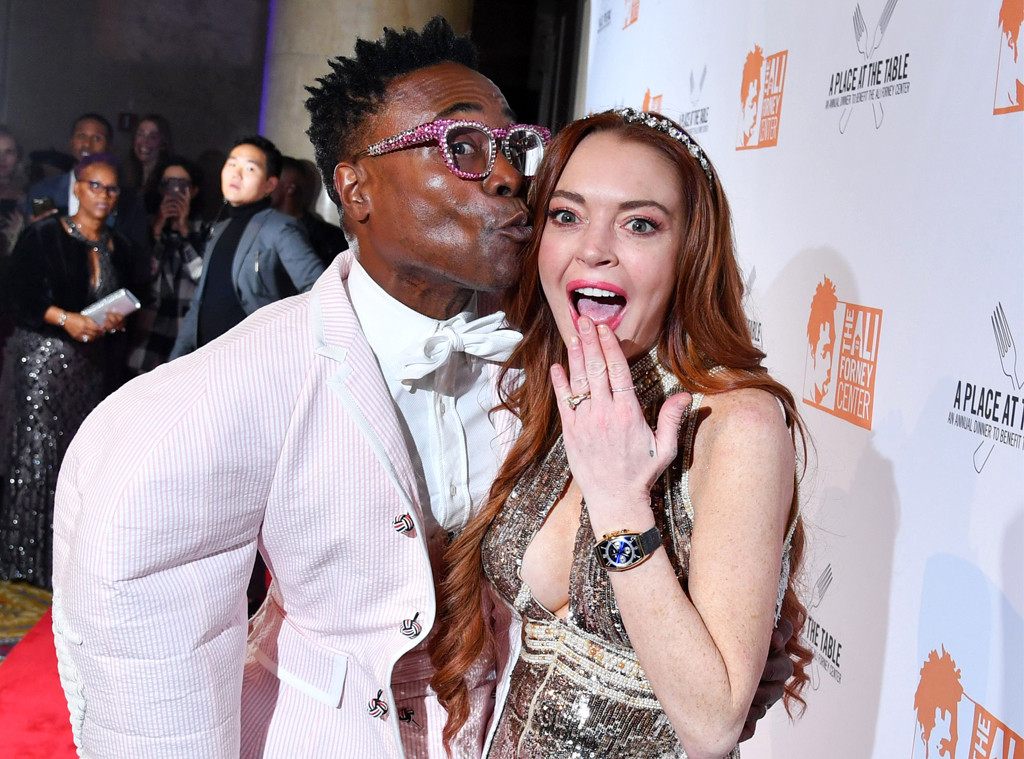
“I chose my authenticity over the possibility of whatever masculine version of myself could have garnered,” he explained to Deadline in August. “I’m one of five black men in the business who are working consistently who can say, ‘I chose this 25 years ago. I’ve been gay. I didn’t just get gay.’ I didn’t just come out. I’ve been out. I took all the hits that came with that because you all weren’t coming for me for decades.”
He pieced together a career, releasing a self-titled album and collecting Broadway credits alongside the occasional guest spot on Law & Order. He fell in love, first in 2009, when he and Adam Smith, co-owner of eyewear brand Native Ken, met at a mutual friend’s dinner party, leading to a yearlong romance, and then six years later when they reunited.
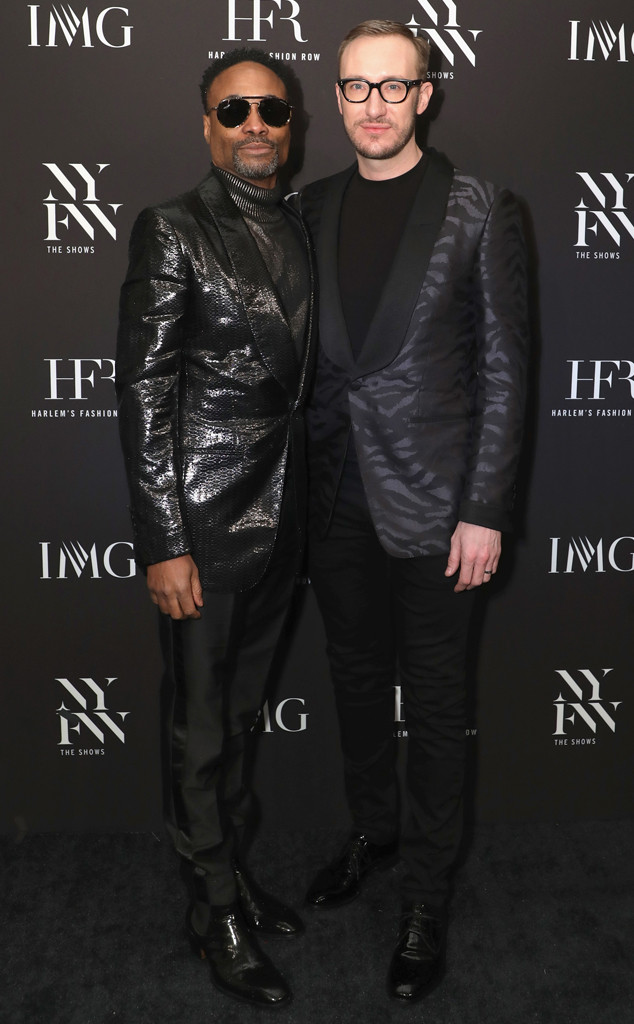
Porter proposed during a romantic dinner in London just before New Year’s Eve in 2016. And the pair scrambled to put together a ceremony in just 16 days, marrying in front of 45 guests at a pal’s Manhattan penthouse so they could be legally wed while President Barack Obama was still in office.
“We both grew up in households where who we are is labeled an ‘abomination,'” Porter told People at the time. “The thought of marriage, there was no context for it—there was no dreaming about it because there was no context to dream; it was unspoken and very clear that the sanctity of marriage was not for us. So to see that come around, to see that tide turned, it still takes my breath away; I’m still trying to find the words to describe it. I didn’t think I needed it. I lived with this idea that it just wasn’t for us. So when we went to get our marriage license the other day, the act of that was so powerful in a way that crept up on the both of us, and it just grounded that moment.”
Continued the star, “I finally found—we finally found—the thing that has been so elusive.”
It was apropos then, that he landed upon the role, the one that had always been just outside his reach, during the same season.
Porter first came across Murphy’s planned series when a casting director reached out, asking him to read for the part of a dance teacher. “I was like ‘Well, this ain’t quite the role I want but…’ I went in, I did my reading, and I spoke to [casting director] Alexa Fogel afterwards,” he shared with W. “I said, ‘I don’t want to overstep my bounds but I feel like I’ve lived through this. I was there for these stories. I lived through the AIDS crisis.’ I was ball adjacent, I say. I went to many balls. I lived in those circles for many years. I said, ‘It would be better for everybody if I was sort of in that world.'”
He pitched himself as one of the mothers of the house and was told of Murphy’s plan to make them all transgender “which is the truth, which really excited me,” he said. So he tried another tack: “I said, ‘But wouldn’t you need a father figure over there. In that world, wouldn’t you need a godfather, like somebody who’s an energy that is older perhaps.”
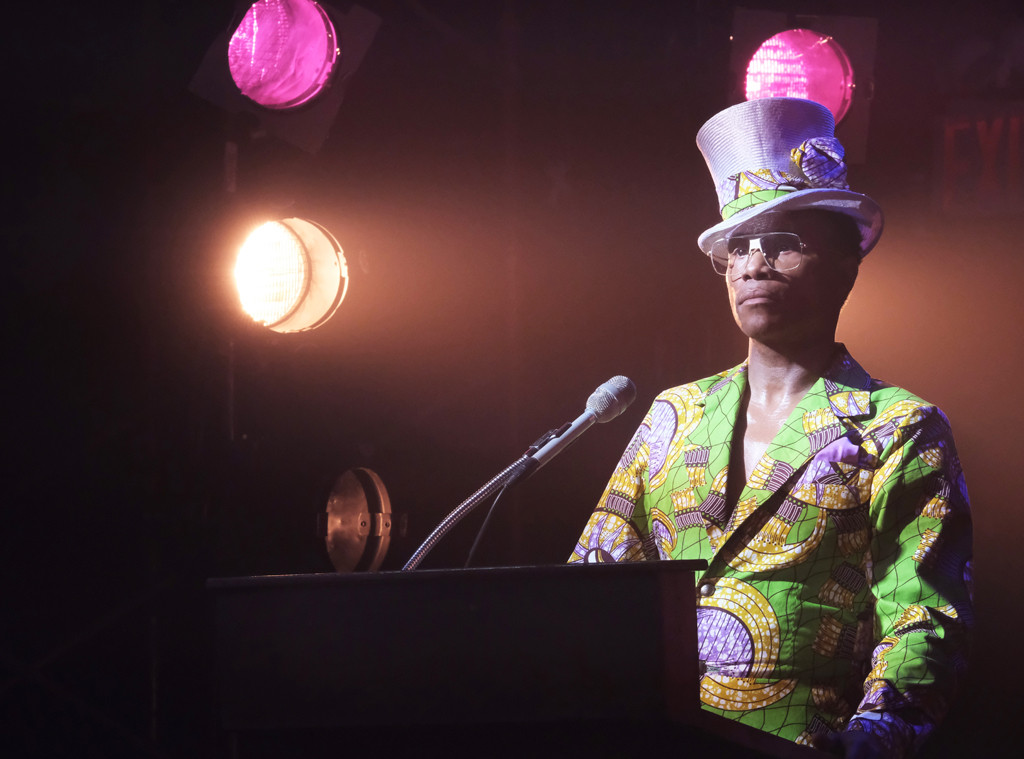
It’s a hustle you have to admire and Murphy did.
“He basically came back and said, ‘If you can do an impersonation of the emcees at the balls, we’ll create something for you,'” he continued. “It was like, ‘If? Miss thing, the whole world is doing an impersonation of the emcee from the balls. For the last 30 years. So yes, darling, I can and I shall.’ And that’s how Pray Tell came to be.”
That he had to blaze his own trail to land the role of his career in his fifth decade isn’t lost on him.
“I feel like I’m the kind of person who doesn’t know how to do anything else but keep going,” he noted to W. “My mother is my hero. She has had a disability her entire life. It’s a degenerative condition that the world told her she wouldn’t ever be able to do anything. I sat and watched her get out of bed every day and show up for her life every day. It really empowered me. It gave me that kind of tenacity to never give up. So yes. I also come from a space where you speak life. You speak the things that you want into existence, no matter how long it may take. It took a long time for me.”
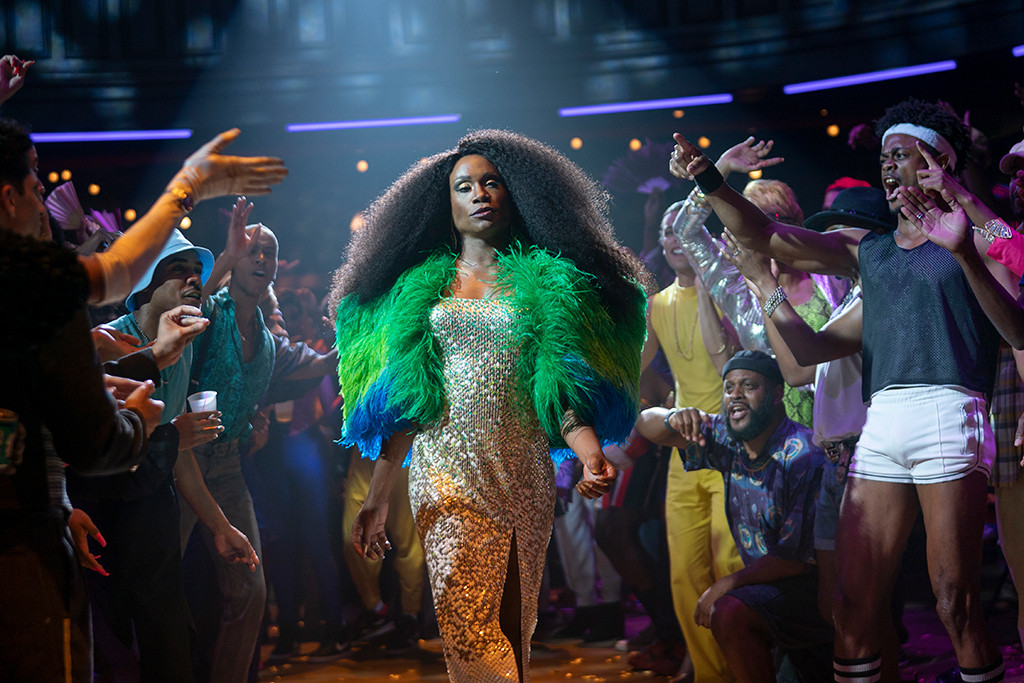
The first decade of his career was a slog to be sure as he worked on Broadway and secured an R&B record deal. “The homophobia, the systematic homophobia, in the business at large, the attack on my masculinity really lead me to a crossroads because it was like, ‘Well you have to fix yourself or you won’t ever have success,'” he said. “We talk about authenticity. We throw that word around all the time. I always say it’s easy to be who are, when what you are is what’s popular. What I am and who I am, it ain’t popular.”
Until now, of course, a long-needed shift in industry viewpoints making him a hot commodity, event planners clamoring to have a Billy Porter moment on their red carpets and audiences continuing to live for his work on Pose, already renewed for a third season.
“I’ve never dreamed that the kind of success that I wanted in this industry could look like this, could be this version,” he told Deadline. “I was trying to create some masculine alter ego so I could work. To meet some standard so that I could literally just get a job.”
Now, he told E! News mere hours after learning of his second Golden Globe nod, “I am living beyond my wildest dreams.”
Because he never dared imagined that his achievements would involve the world embracing him for the exact person that he is. “I thought I had to fix myself to be successful,” he continued. “My masculinity was in question from the minute I could comprehend thought so for the first 20 years plus of my career, I was just trying to be masculine enough to get a job. I was trying to live up to society’s standard of masculinity and get a job. I never knew it could look like this. So that is what is really inspiring and fabulous.”
Image Source:*pagesix.com
Source:eonline.com
